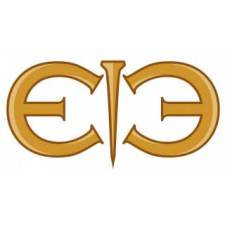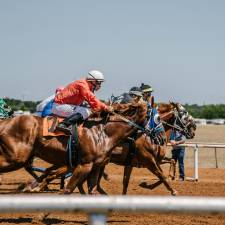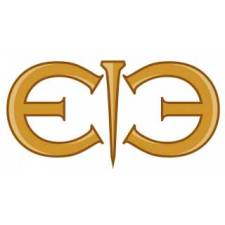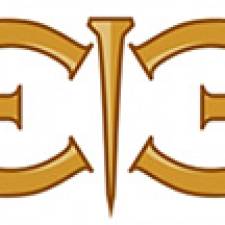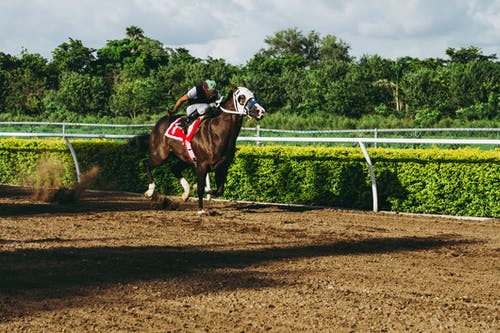
Highlight of the Cheltenham Festival, the Gold Cup is a steeplechase race with 22 fences to overcome. It is England's most valuable handicap-free race, with a total prize money of £468,750 in 2021. Get ready for the 2022 edition with these Cheltenham Gold Cup tipsand read this article in the meantime to find out more about the world of racing. As you may have noticed, when we talk about money in the racing world, we often focus on the winnings from the races. However, when a horse wins a race, the owner does not actually get the full amount. So how much does a racehorse really make ? And also, how much does it cost ?
Cost of buying and training the horse
There are over 8,000 racehorse owners in the UK. Their profiles are very varied : some are wealthy landowners, others are racing enthusiasts with a job as a schoolteacher or plumber who have bought a racehorse in co-ownership. The average cost of a racehorse is £23,980, so it is indeed easier to get into shared ownership than individual ownership. The horse is young and inexperienced so will need to be put into training, which costs around £22,000 a year to train a flat racehorse and £16,000 for a jumping horse. Of course this amount varies depending on the training centre chosen. There are also other costs to consider such as race entry, insurance (which varies in price depending on the quality of the horse) and veterinary costs which can rise exponentially.
Earning money from racing
When the horse wins a race or is placed, the owner receives money, but not the whole prize money itself ! Part of the money (about 25%) goes to the trainer and stable staff and part goes to the jockey. If there is more than one owner, the winnings are divided according to each partner's share of ownership of the horse.
On average, earnings from racing cover 40-50% of the costs incurred by the owner of a racehorse. Good horses can earn the equivalent of a whole year's expenses in one race, like a gold cup winner. On the other hand, for a horse that is losing one race after another, the owner will have to pay 100% of the maintenance costs. The horse will even lose value.
Added value of the horse
The profitability of a horse is not only measured by the number of races won. Like any investment, the gain can come from the appreciation in value if the horse is sold for more than its initial purchase price. As the horse's career progresses, if it wins several races, its value will increase. A horse bought for £20,000 may be worth £50,000, £60,000 or even £80,000. In order to aim for the highest value, the horse is not chosen according to its record of success but according to its origins and physical condition.
Breeding after the racing career
Champions often have prestigious genetic origins and a high level of physical condition. These qualities can be profitable, as they can be passed on to their foals.
A horse with a good track record can be put to breeding at the end of its career, and thus make its owner(s) more money than it earned during its racing career. The price of a service can vary from a hundred pounds to several thousand ! For example, Galileo's owner was able to earn £700,000 in one year from breeding ! A racehorse at the end of its career is not synonymous with a horse that no longer earns anything.
Having said that, breeding is not open to all horses, the horse must have distinguished itself in its sporting career and/or have excellent genetics. It is also necessary that the owner(s) have not chosen to castrate him !
From a strictly financial point of view, the reproduction of mares is less interesting. They can produce one foal per year. We have seen that the average selling price of a racehorse without experience was £23,000, but from this price you have to deduct the service fees, the veterinary costs and the maintenance of the mare to find the profit for the owner, which is not that high.
There a lots of interesting articles in our section on Horse Racing.








